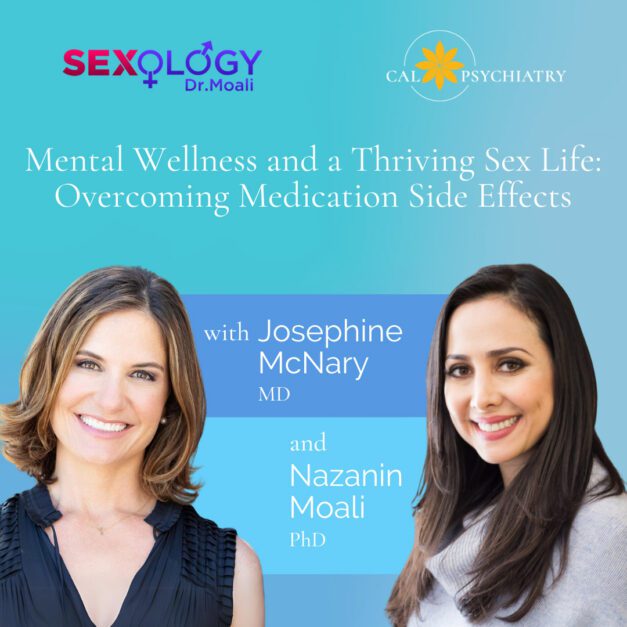An adequate amount of sleep per night (around 7 hours minimum) is critical to our immune system and overall brain health. It is a restorative process and people who consistently get less sleep are more prone to a host of psychiatric and physical diseases.
Sleep, sleep, sleep! Generally everyone should aim for at least seven hours of sleep every night. But studies show tens of millions of Americans are sleeping fewer than six hours per nightly.
Insomnia may be a harbinger of a deeper psychiatric or physical issue (see post on Insomnia here). One way to treat insomnia is cognitive behavioral therapy (see interview with Dr. Andrea Scott here).
But even for people who do not suffer from insomnia, sleep is critical for overall physical and mental health. In a recent article at Psychology Today, one expert described sleep as the brain’s time for “deep cleaning,” ridding itself of plaque-like substances. People who consistently are sleep deprived and getting fewer than the recommended hours are more prone to suffer from depression and anxiety, and also at an increased risk for physical diseases.
Longer work days and the increased use of technology can make it harder for our brains to turn off and get restful sleep. Whatever the reason, if you are consistently not getting enough sleep, it may be a good time to examine why.
Our CalPsychiatry doctors are here for you to discuss why you aren’t getting enough sleep and potential ways to help. Maybe your inability to get restful sleep is due to an underlying anxiety disorder or maybe you just need some help scheduling your night to ensure enough sleep. No matter the issue, our doctors can help you reevaluate your sleep plan and get you on your way to better health today! Call or book your free consultation today.





